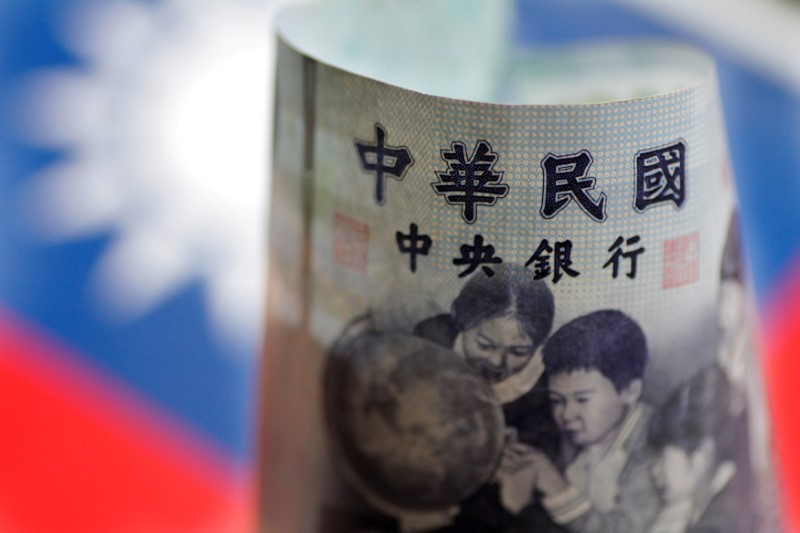Taiwan Supports Companies in China Amid Trump’s Tariff Concerns
The newly elected president of the United States, Donald Trump, is signaling a tough stance on trade with China and is taking action to assist Taiwanese companies in relocating their production away from China. Economy Minister Kuo Jyh-huei announced plans to support Taiwanese businesses that could be significantly impacted by the tariffs proposed by Trump on goods imported from China.
Trump, who will take office in January, has threatened a 60% tariff on imports from China. This move could have serious repercussions for the Chinese economy. Taiwanese companies, which have made significant investments in China over the past forty years, are now being encouraged by their governments to consider relocating their investments due to rising tensions stemming from sovereignty claims between Beijing and Taipei.
Addressing parliament, Kuo emphasized that U.S. tariffs could have a significant impact on Taiwanese companies operating in China and stated that the government intends to quickly provide assistance for these companies to move their production bases. No specifics were given regarding the forms of assistance.
The minister also responded to concerns about the potential cancellation of subsidies for Taiwan Semiconductor Manufacturing Company (TSMC), a leading contract chip manufacturer that has made a significant $65 billion investment in new production facilities in Arizona. Kuo mentioned an emergency plan that includes helping more companies in the supply chain establish operations in the U.S.
On Thursday morning, TSMC's stock rose by about 1% on the Taipei stock exchange, and the company did not comment on the subsidy concerns. Meanwhile, Taiwanese GlobalWafers, which has invested $4 billion in the U.S., expressed confidence that the Chips and Science Act aimed at encouraging chip manufacturers to invest in the U.S. would continue under the Trump administration.
The company anticipates that the CHIPS program will continue and operate smoothly during Trump's presidency. This expectation reflects the common practice of maintaining multi-year and decade-long programs across different U.S. administrations.


